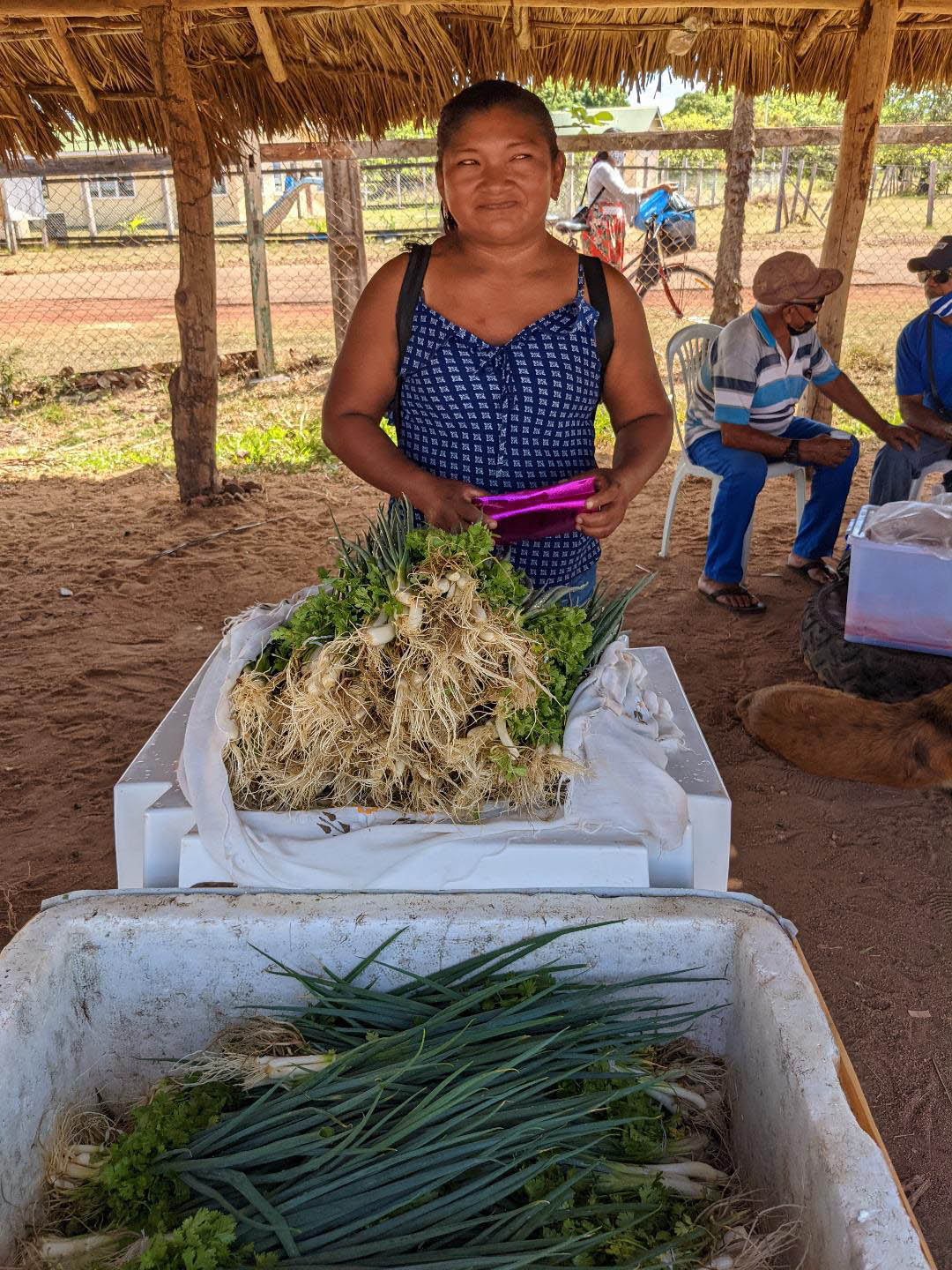The noises that have continually been made by successive political administrations in Guyana about moving development in the hinterland communities to a level where reasonably favourable comparisons can be made with at least some coastal communities, have long been drowned out by their echoes. Lethem, with its twenty four-hour electricity, its telephone service and a fairly robust commercial culture, does not typify the kind of abject poverty and backwardness that applies in most of the various other hinterland communities. Even at Lethem, however, there is unmistakable evidence that when it comes to meaningfully raising the standard of living in hinterland communities as a whole, there are still mountains left to be climbed.
The extent of the dependence of Lethem – and its various satellite communities – on interaction with Brazil and with Brazilians crossing the border to engage in mostly commercial pursuits is not a concern that can be easily dismissed from the main currents of the prevailing socio-economic equation. During the Stabroek News’ interview with Rupununi Chamber of Commerce President Daniel Gajie, he told us that the closure of the border with Brazil in the wake of the COVID-19 pandemic and the attendant drastic reduction in the number of Brazilians crossing to shop (at the mostly Brazilian and Chinese stores) at Lethem resulted in more than three hundred Guyanese employed in those stores losing their jobs. This, in effect, is a manifestation of the extent of Lethem’s dependence on Brazilian and Chinese enterprises to satisfy some of their basic needs.

